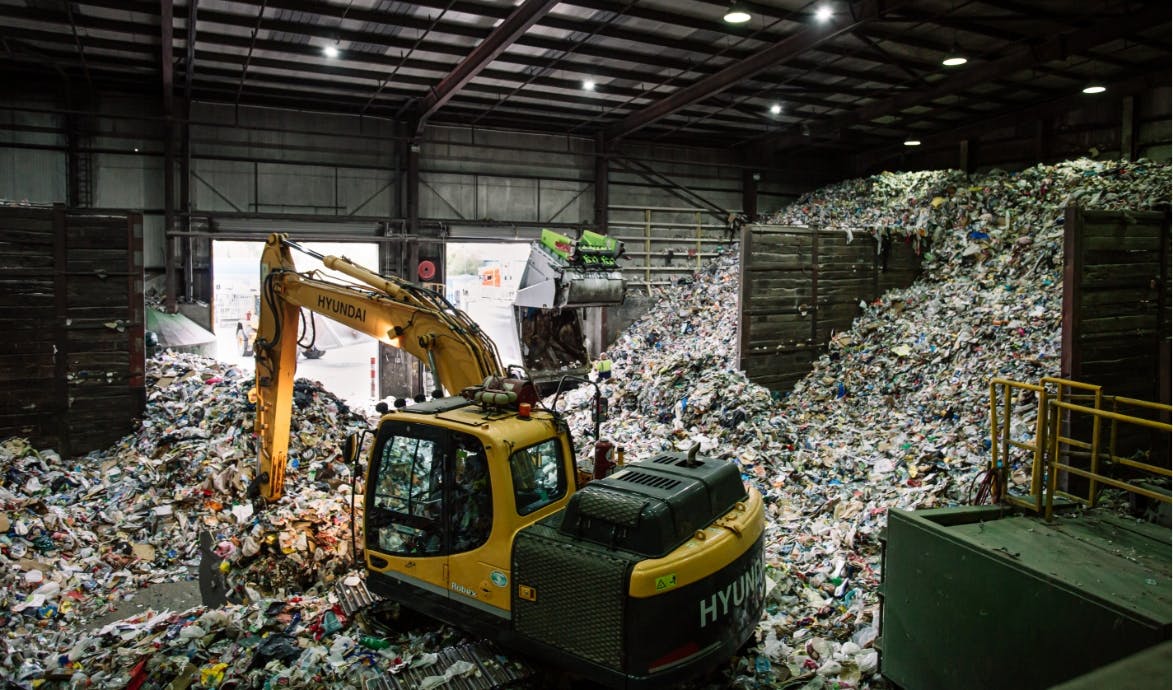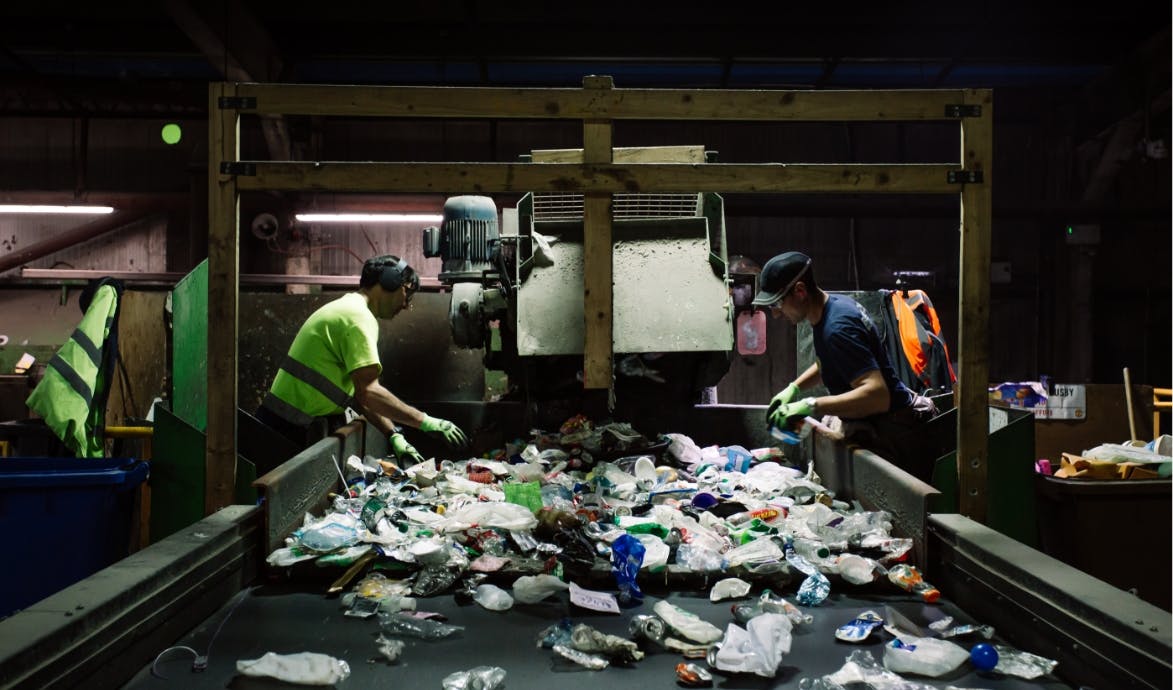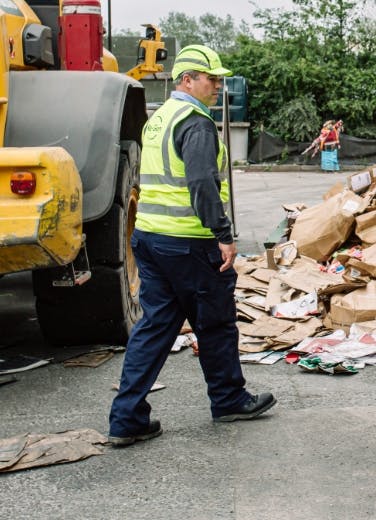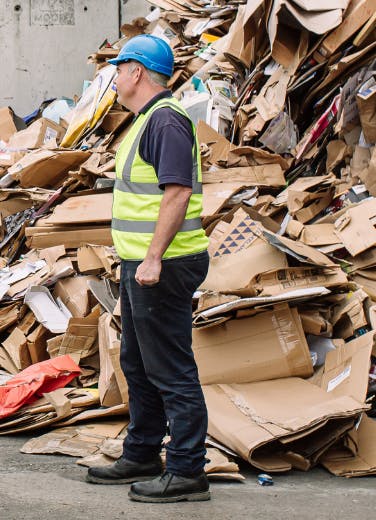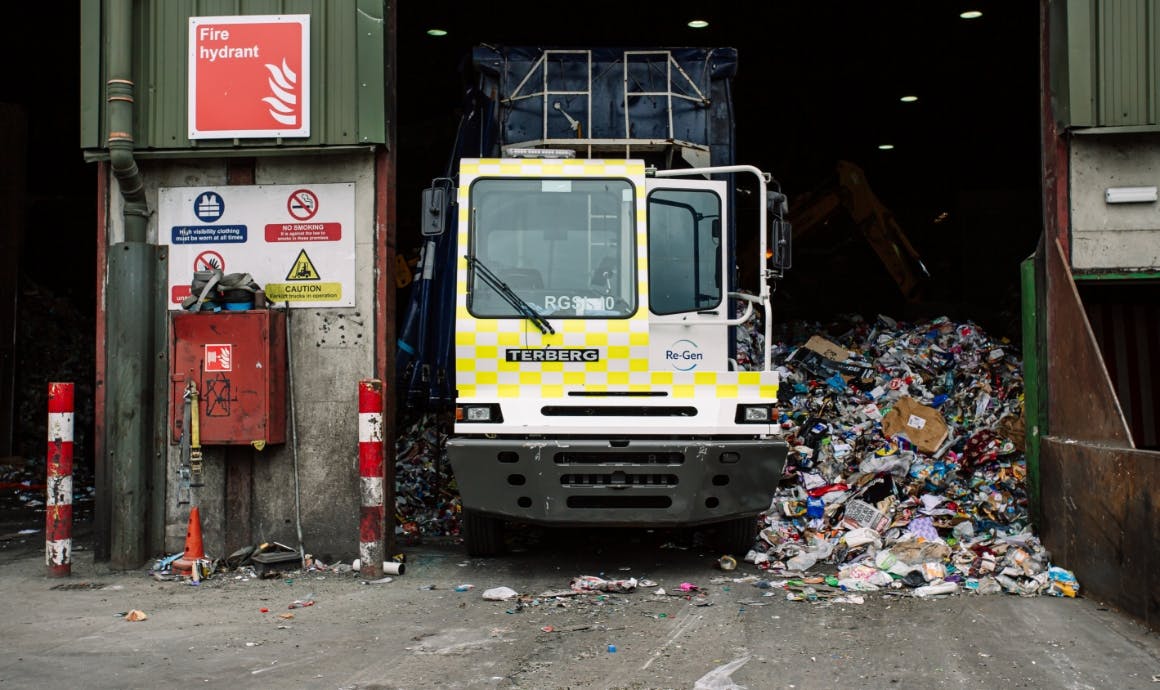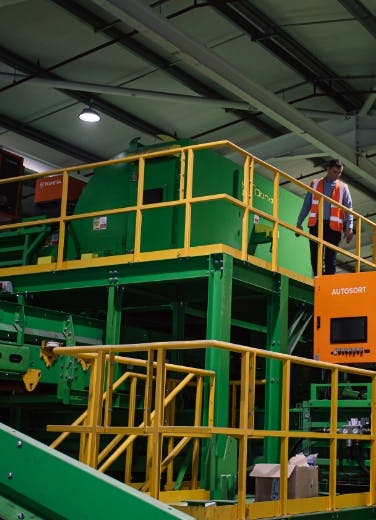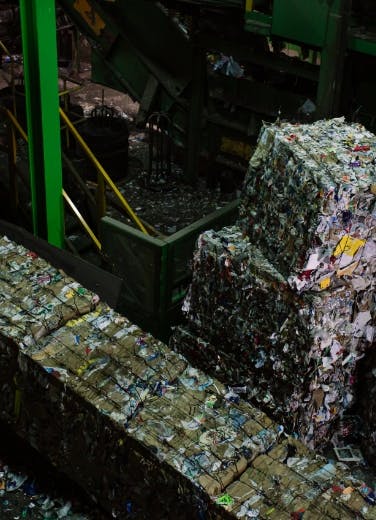Re-Gen Waste Ltd
For the Doherty family travel didn’t just broaden the mind, it initiated a recycling dynasty. It was back in the 1990s that Aidan Doherty travelled to Canada, where he was hugely impressed with the progress they were making in recycling and the importance, even then, that they placed on it.
So a few years later, when Aidan and his siblings, Celine, Colin and Joseph (another brother, John, has since joined the company) were considering what kind of business they might go into, that memory was a key influence in their decision.
